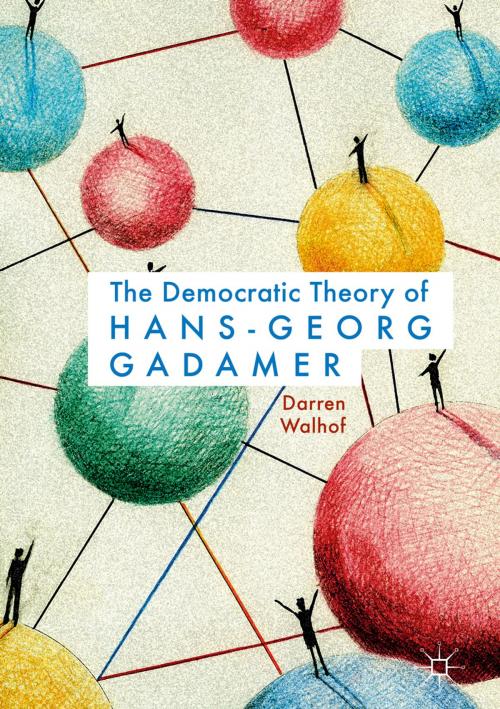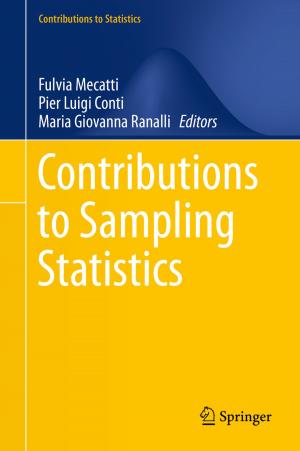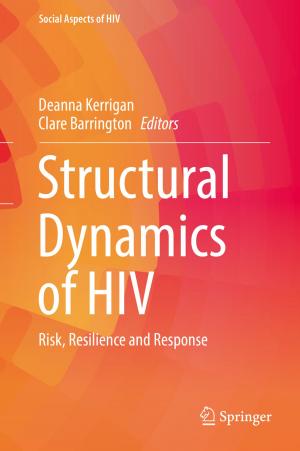The Democratic Theory of Hans-Georg Gadamer
Nonfiction, Social & Cultural Studies, Political Science, Government, Democracy, Politics, History & Theory| Author: | Darren Walhof | ISBN: | 9783319468648 |
| Publisher: | Springer International Publishing | Publication: | November 29, 2016 |
| Imprint: | Palgrave Macmillan | Language: | English |
| Author: | Darren Walhof |
| ISBN: | 9783319468648 |
| Publisher: | Springer International Publishing |
| Publication: | November 29, 2016 |
| Imprint: | Palgrave Macmillan |
| Language: | English |
This book examines the distinctive contribution that the writings of Hans-Georg Gadamer make to democratic theory. Walhof argues that Gadamer’s hermeneutical philosophy enlarges our perspective by shifting our view away from individual citizens to what exists between citizens, thereby allowing us to envision political realities that are otherwise hard to see. These realities include the disclosure of truth in democratic politics; achieving common ground in democratic dialogue, even amidst significant disagreement and diversity; the public and political nature of the religious traditions that make claims on and shape citizens; and the solidarities that connect us to each other and enable democratic action. The author argues that bringing these dimensions to awareness enriches our theories of democracy and is particularly crucial in an era of hyper-partisanship, accelerating inequality, and social conflicts involving racial, sexual, and religious identities.
This book examines the distinctive contribution that the writings of Hans-Georg Gadamer make to democratic theory. Walhof argues that Gadamer’s hermeneutical philosophy enlarges our perspective by shifting our view away from individual citizens to what exists between citizens, thereby allowing us to envision political realities that are otherwise hard to see. These realities include the disclosure of truth in democratic politics; achieving common ground in democratic dialogue, even amidst significant disagreement and diversity; the public and political nature of the religious traditions that make claims on and shape citizens; and the solidarities that connect us to each other and enable democratic action. The author argues that bringing these dimensions to awareness enriches our theories of democracy and is particularly crucial in an era of hyper-partisanship, accelerating inequality, and social conflicts involving racial, sexual, and religious identities.















